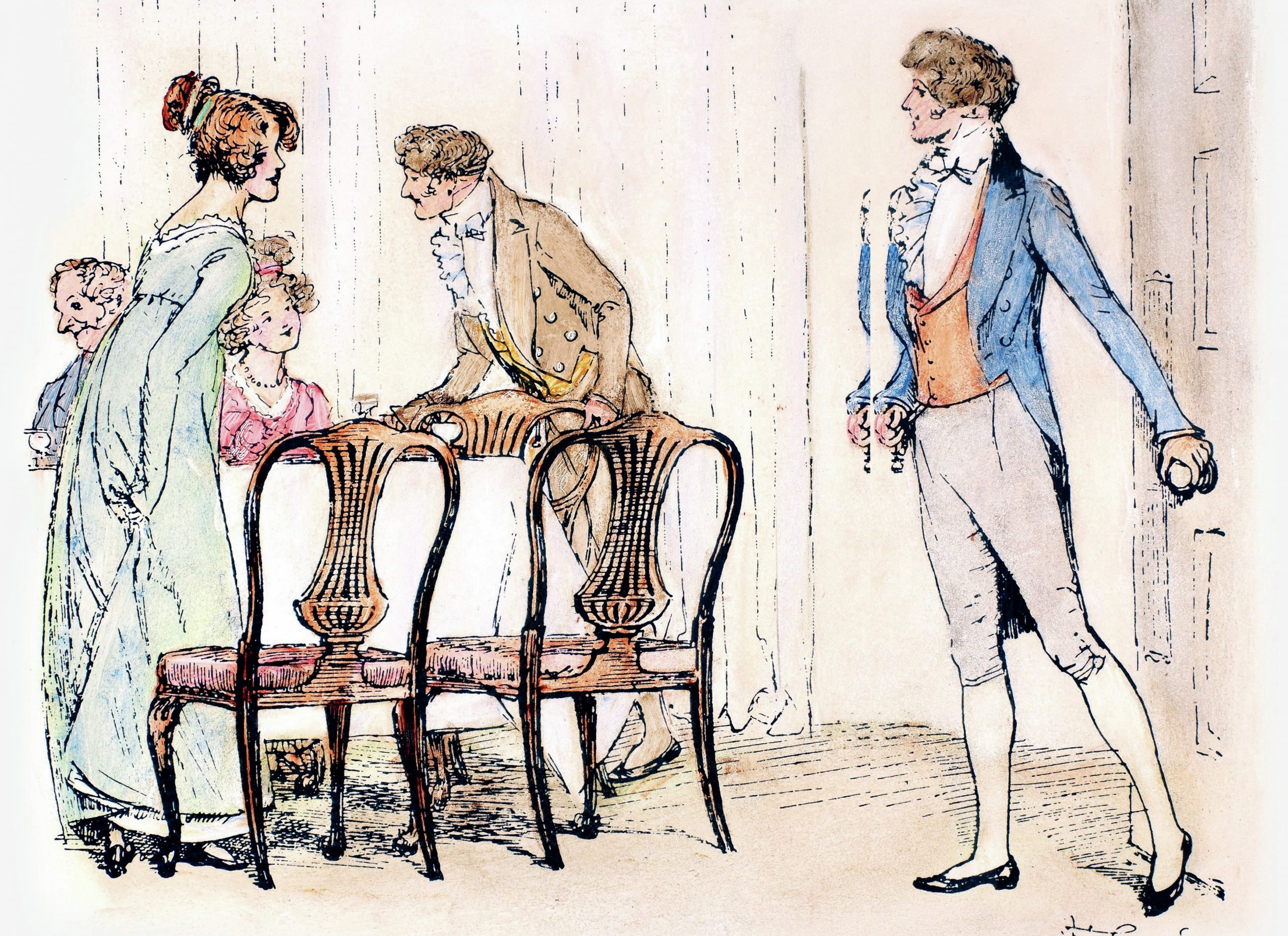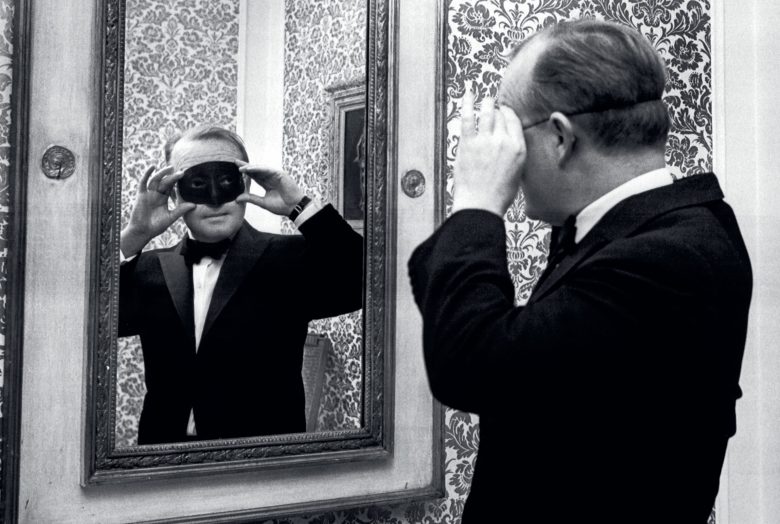
When we watch a romcom, we have a good idea of what will happen. The hero and heroine will face obstacles — whether silly misunderstandings or more serious impediments — and, in overcoming them, will prove the strength of their love. The same conventions are at work in romantic novels. But Persuasion is a romantic novel with a difference. It begins with an obstacle which seems insurmountable: a broken engagement.
Anne Elliot ends her engagement to the man she loves on the advice of a family friend. Lady Russell, who has guided Anne since the death of her mother, persuades Anne that dashing sailor Frederick Wentworth is an unsuitable match for a baronet’s daughter. The novel’s main action takes place 8 years later, when Captain Wentworth returns, now a successful naval officer and war hero, and Anne is forced to confront her regrets. But how can Austen expect us to sympathise with a heroine who has surrendered her hero just because her friends and relations disapprove? She even draws our attention to Anne’s faults. Captain Wentworth, understandably stung by rejection, believes she has shown ‘feebleness of character’, and ‘weakness and timidity’ (Vol. I, Ch. vii).
Your organisation does not have access to this article.
Sign up today to give your students the edge they need to achieve their best grades with subject expertise
Subscribe




